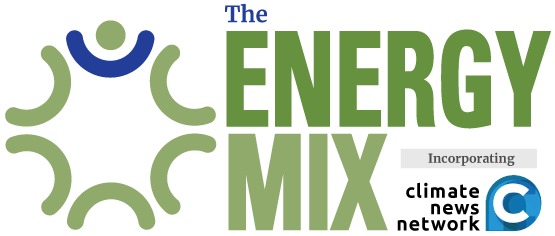National Day for Truth & Reconciliation: ‘Rhetoric’ for Indigenous Rights and Climate; Fast Track for Fossil Fuels
September 30, 2025, marks the National Day for Truth & Reconciliation in Canada and 10 years since the Liberal government promised to implement the Truth & Reconciliation Commission’s 94 Calls to Action. A decade later, only 15 have been completed—a reality the Yellowhead Institute describes as a “decade of disappointment.”
It is also 10 years since Canada entered the Paris Agreement, pledging to limit global warming to 1.5°C above pre-industrial levels. That target is now out of reach as Canada continues to expand fossil fuel production.
It’s a pattern that has become all too familiar in Canada: rhetorical commitment to Indigenous rights and climate action while doubling down on resource extraction and the continued violation of Indigenous sovereignty.
Earlier this month, Prime Minister Carney announced the launch of the Major Projects Office to fast-track extractive projects “for the greater good of Canada’s economy.” Framed as “nation building,” the office promises opportunities for Indigenous equity ownership and even established an Indigenous Advisory Council to help guide investment decisions. But as Indigenous Climate Action warns, these are false promises designed to integrate Indigenous leaders into frameworks that ultimately serve industry interests rather than Indigenous rights.
On the ground, Indigenous communities are already charting a different path. More than 250 Indigenous-led clean energy projects are either operational or in development, compared to only eight natural gas and two nuclear projects. Indigenous nations are overwhelmingly investing in climate solutions and moving away from extractive projects that harm the environment, even as the federal government continues to do the opposite.
Truth and reconciliation are inseparable from climate justice. Indigenous communities across Turtle Island have long defended forests, protected waters, and fought for a liveable planet—not only for themselves but for future generations. In my work with the shíshálh Nation, I have seen first-hand how Indigenous governments carefully review resource development projects, weighing environmental impacts, sustainability, and community access to food and cultural resources. These reviews are holistic and rooted in long-term responsibility.
I have also witnessed governments and corporations attempt to rush these processes, cut corners, and ignore conditions of approval in the pursuit of profit. Indigenous nations do not work this way and neither should Canada. Yet instead of honouring this leadership, governments criminalize land defenders, enforce injunctions, and pour billions into fossil fuel projects without the free, prior, and informed consent of those most impacted. In doing so, Canada perpetuates the very colonial harms—dispossession, environmental destruction and suppression of Indigenous rights—that Truth and Reconciliation is meant to confront, all while undermining its climate commitments.
The National Day for Truth & Reconciliation cannot be an empty ritual of remembrance. It must be a moment to recognize how colonialism continues to structure Canada’s relationship to land and resources, and to learn from the Indigenous communities carrying the weight of protecting our collective future.
Our task is to amplify Indigenous resistance by supporting those already leading this work—through national networks like Indigenous Climate Action, legal campaigns by RAVEN Trust, and frontline struggles such as Wet’suwet’en opposition to the Coastal GasLink pipeline. It also means demanding that Canada fulfill both the TRC Calls to Action and its Paris Agreement targets, while following Indigenous leadership in building sustainable, reciprocal relationships with the natural world.
Cover photo: Michael Swan/flickr, CC BY-ND 2.0


